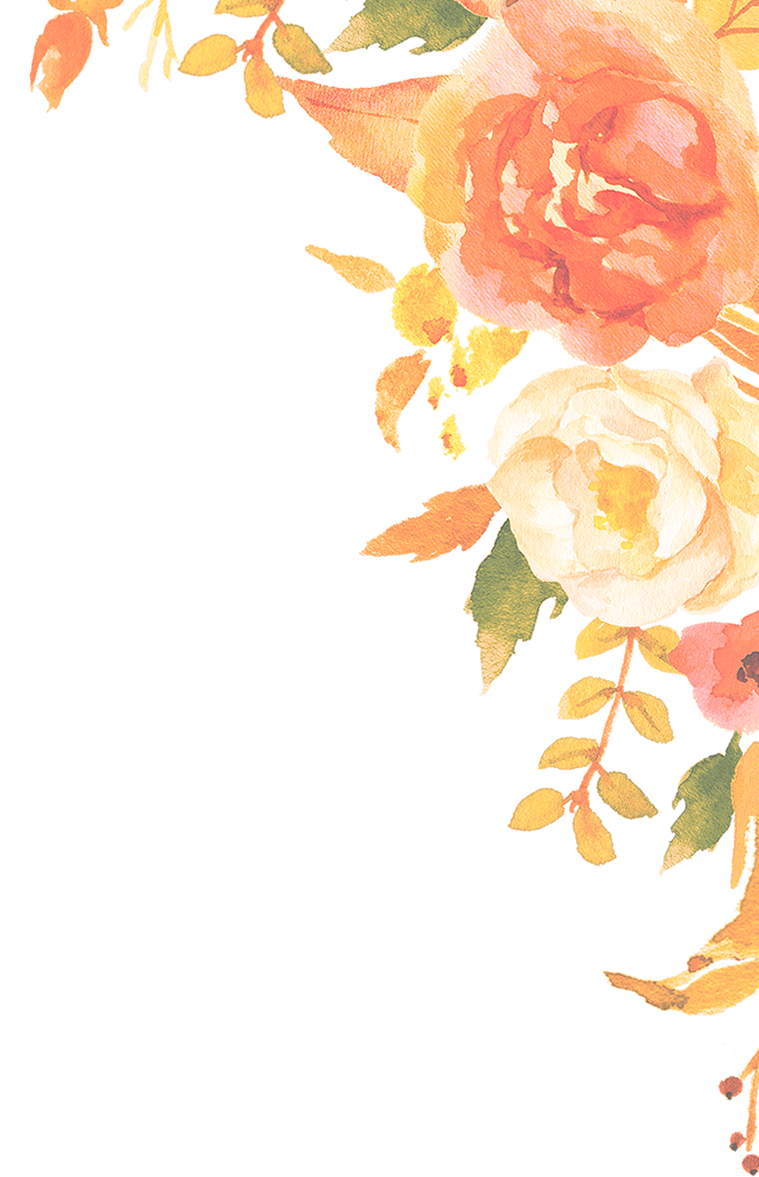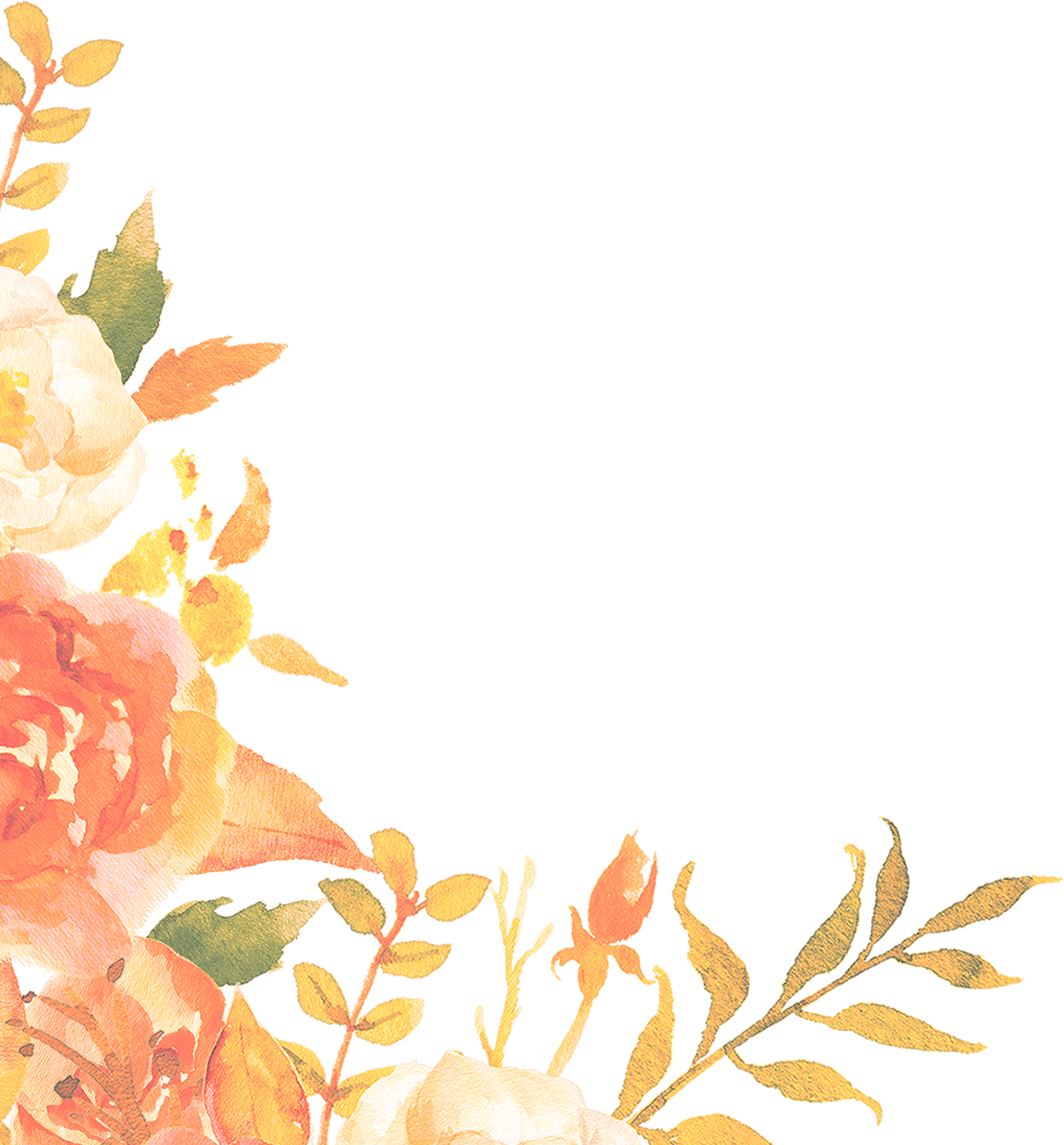



I simply enjoyed every activity and every week. All opened my eyes to a bigger, brighter world with loads more opportunities.
-PAST CLIENT
Today I’m going to open a real can of worms: family. It is perhaps foolish or at least very ambitious to address a broad audience on the topic of family, simply because everyone has such a unique set of circumstances. Some of you will come from loving, supportive backgrounds, others from abusive, highly dysfunctional families, and others will lie somewhere in between, feeling that their family is a mixed bag of blessings and challenges.
I have just returned from an overseas trip during which I spent 8 days with members of my family. This proved to be too long – my family really struggle to pull themselves together for the sake of peace and harmony for more than a few hours. Yet they are generous, kind individuals who want to share, connect, love and have fun. I think that one of the reasons for family potentially being a challenge is that within it we tend to be ourselves – warts and all. Off come the pretenses and the nice front we show to our friends, work colleagues, and the world at large. Within our family we typically want to be authentic, which means genuine and real. This includes being able to be honest about the emotional consequences of our daily realities.
Authenticity is one of the many pieces in the happiness puzzle. Harter writes that in order to develop their authentic selves, children require sincere validation of their personal experiences by caregivers or parents who love them for who they are, and who don’t force them into forms of compliance. At the same time, she notes, how parents are feeling themselves creates the scaffold upon which their children’s autobiographical memories are constructed.1 And therein lies the problem. Not only may parents in the stress of daily life potentially lack sensitivity toward their children’s experiences, but their emotional states can also easily overwhelm or overtake their children’s realities. Further down the track, Harter observes, adolescents with a high level of true-self behaviour were shown to enjoy unconditional parental support. Unconditional means: absolute, not limited by conditions. Teenagers faced with conditionality at home reported high levels of false-self behaviour. Importantly, authenticity among adolescents was observed to have various psychological benefits, including that they had a better understanding of themselves, higher self-esteem, more hopefulness and more positive feelings.2
Let us, however, not take these findings as grounds for increased anxiety about being perfect parents. Let us consider authenticity in the light of our own family background and ask ourselves whether we can genuinely be ourselves among it. The point is that authenticity matters in adult relationships. Harter states that if we are validated, seen in a positive light and supported for who we are, we will have more self-esteem and feel more cheerful. She notes that in adulthood, authenticity can only be fully understood when we consider our contradictory needs of independence and relational connectedness. Depending on the value we place on these needs, three potential relationship styles can result: 1. Self-focused autonomy; 2. Other-focused connectedness; or 3. Mutuality, which is a harmonious balance of the two. In a mutual relationship, both partners are validated by the other-focus of each other, without needing to compromise their own needs.3 Thus in order to enjoy positive adult relationships, including within our family, we need to achieve a state of mutuality.
Recently it dawned on me that my relationship with my estranged father was a long way from mutual. He departed from my life when I was seven and quickly replaced us with a new family. He never contacted us, neither for birthdays nor for Christmas. His attempts at establishing an adult relationship with me later were not thwarted by my willingness to forgive him. Rather, they came unstuck by the irregularity of his efforts. Last Christmas he sent me a letter explaining that he had simply moved on, that he enjoys his second family and grandchildren, and that he would rather go outside to enjoy the nice weather than write to me. Oh yes, and that he would die soon. And that’s when I realised that there was nothing unconditional about our relationship. I expected his sincere desire to get to know me. He expected me to play nice so he could make peace with himself and have us off his conscience before he died. I decided to be authentic, and writing that last email was truly liberating.
I was 23 when I immigrated to Australia. Here I built my own family, finding to my consternation that I made some serious mistakes in my own parenting, some of which haunt me to this day. But in my children I have been astonishingly lucky: they are doing well, and are kind hearted and hard working individuals. The other family I built is that of my friends. It was one of my good friends who responded to my holiday tales with the saying: Friends are God’s apology for relatives. How good to have people in one’s life who understand.
Incidentally, my mother had shared the following joke with me: An old man takes his grandson on the train. “Where are we going?” asks the little boy. “To see relatives,” the man responds. “What is relatives? Is it something that one eats?” “No, no,” answers the old man, “it is something that makes you want to throw up.”
For those who have a family that makes them want to throw up, the next few posts should prove helpful as we will be dealing with creating and nurturing positive relationships. Mihaly Csikszentmihalyi points out that whether family life is happy or an intolerable burden has a lot to do with family members’ commitment to investing in their mutual relationships and in each other’s goals.4 This is certainly also true for our friendships and partnerships. Previously, I stressed that investing in social relationships is probably the most direct path to greater happiness. It is easy to witness an increase in self-focus in the world around us, where individual freedom and fulfilment reign alongside modern phenomenon such as selfies and – alas – blogs highlighting personal journeys. It seems to me that we need to be reminded of the importance, power and magic of relationships. We need to take note of the fact that a happy life requires others who can be authentic in our loving and supportive company, and who in turn love us for who we really are.
© Natalie Lydia Barker 2015
Notes
No Comments